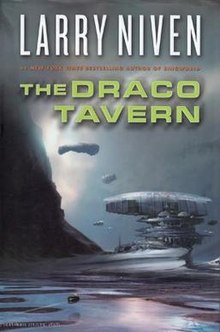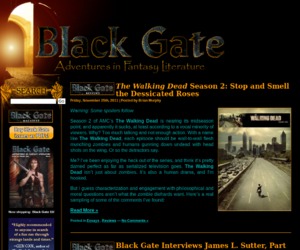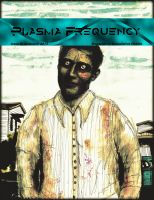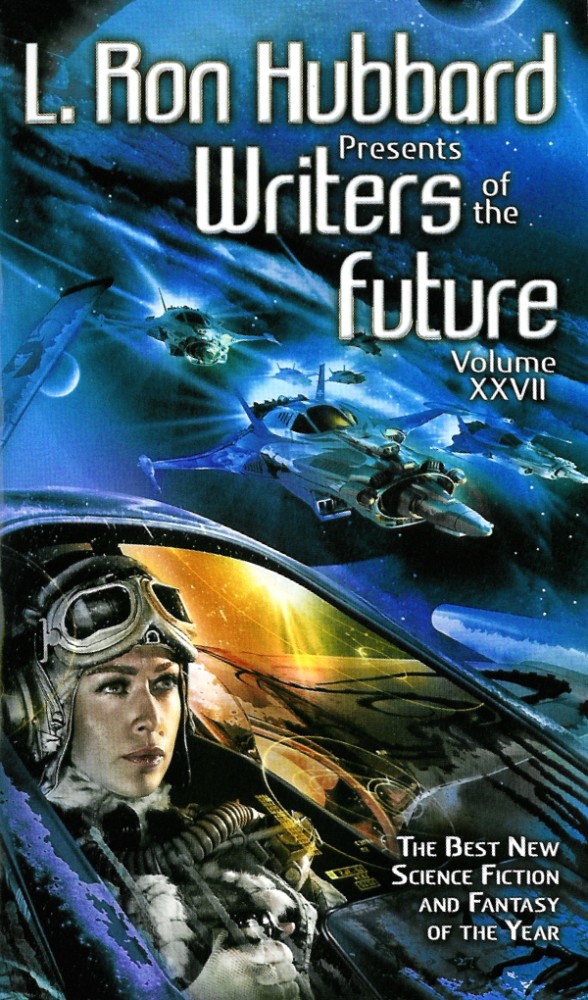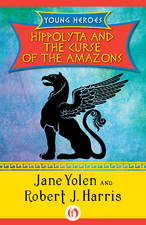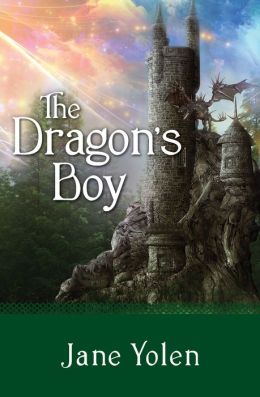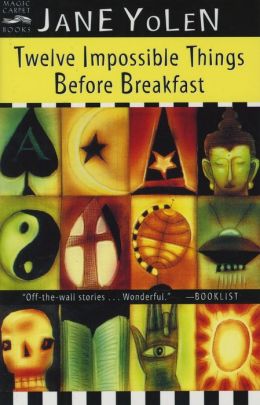The Dragon's Boy
Jane Yolen
Open Road Integrated Media
Jane Yolen's works have won numerous awards: the Caldecott, Nebula, World Fantasy Award, National Book Award nomination, and Mythopoeic Fantasy Awards, among others. Reading the newly reissued ebook,
The Dragon's Boy, it is easy to see why.
Despite more accoladed works, this book sticks to your ribs (and your brain) as it works on multiple levels: The literal tale of a boy working for a dragon, the deeper tale of the boy who tries to peer through the mist on the border of truth and wisdom, and the tale for adults, the ones who bear wisdom often distorting events for deeper truths.
Artos, looking for the prized hound he is responsible for, stumbles on to a cave. He encounters a dragon inside. Knowing dragons to be sly, Artos doesn't trust the dragon when it offers the boy jewels or wisdom. Artos chooses wisdom, thinking it what the dragon wants to hear. Although jewels sound more appealing, he's afraid of becoming lunch.
Nonetheless, the dragon gives Artos a jewel, and Artos promises to return to the dragon with stew, but he does not intend to fulfill that promise as it was made under duress. He tries to show off his new jewel but none pay attention. Finally, guilt drives him to return to the dragon with a pot of stew after having paid for it by giving the kitchen girl, Maggie, a kiss.
Bit by bit, the dragon doles out wisdom--the art of reading between the lines in books, and the art of deception. That last comes into play and brings the whole of the book together as Artos deceives and is deceived, and learns that such deception--the engrandizement of the seemingly insignificant--makes him wiser.
Because some readers might want to know this upfront, I will peel back a corner of the book's theme. The dragon speaks in language that ties him to Jehovah, but his reveal creates multiple possible religious themes: 1) that Jehovah isn't the aloof powerhouse he initially seems, 2) that Jehovah is a deceptive if broken necessity, or 3) that we are all flawed gods, necessarily magical in the beginning. Some readers, however, may choose to gloss over this reading for a more secular view of maturity.
Hippolyta and the Curse of the Amazons covers similar thematic territory. [Review released on 9/10/13]
The Dragon's Boy is not a page-turner nor a thriller, so it may not be for reluctant readers--unless read with an adult. Still, the literary layers enrich the telling so that readers can visit again and again. This will also be popular with readers who love to hear the Arthurian legends retold. If Yolen has written a better book, I'd love to know what that is.
"[E]ven scientists read fiction for entertainment, not instruction. Novels which are thinly disguised essays are rarely popular. What's important is the human meaning of the science--how does it affect the characters? And why should the reader care?"

